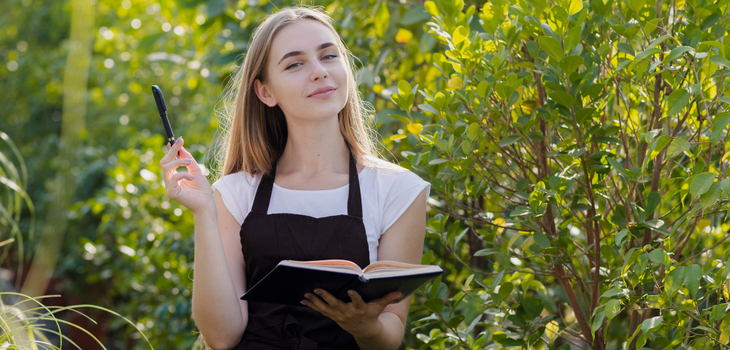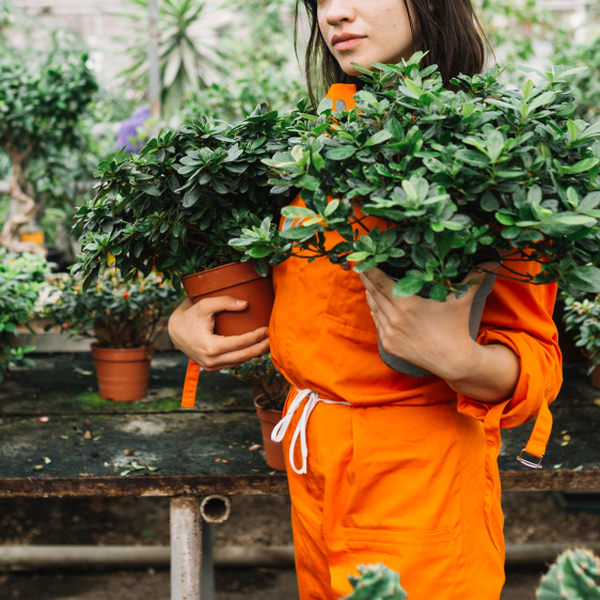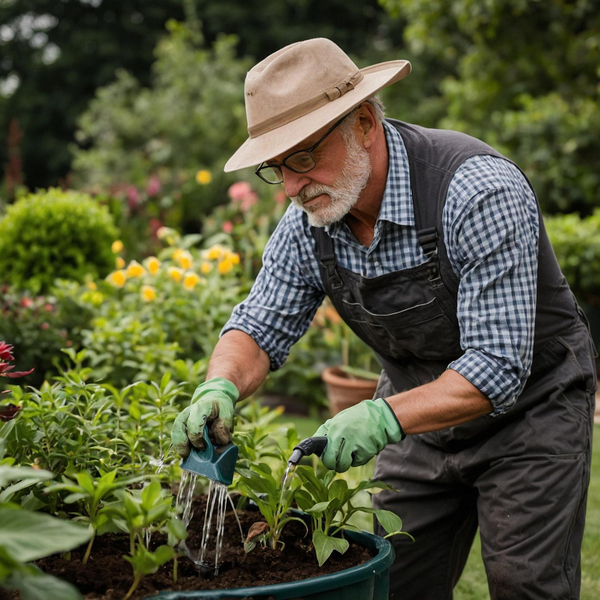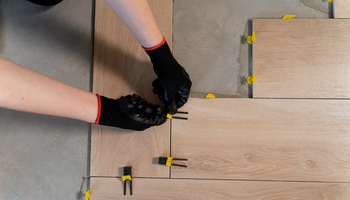Beginner's Guide to Gardening: Essential Tips for Novice Gardeners

Gardening is a fun activity that comes with a lot of feelings of satisfaction and joy, especially when you see your nurtured plants grow to become fully matured plants. The sequel of this feeling can be frustration, stress, and wearing out when you have to watch your effort to nurture a particular plant or set of plants fail after several attempts. These sorts of challenges are usually encountered the most by beginners who are just novice Gardners.
To best enjoy gardening activities, as a beginner, it is always advisable to have a guide to gardening to help you on how best to approach the gardening system successfully without failures.
Tips For Novice Gardners
As a beginner venturing into the activities of gardening, the need to follow a guide to gardening cannot be overemphasised, as this prevents possible disappointment or failure in not being able to cultivate a plant successfully. Beyond this guide to gardening, some essential novice gardening tips will help you as a novice gardener scale through the gardening process without much fear of failure. These novice gardening tips include:
- Start with a plan
- Know your zone
- Start small
- Start with a great soil
- Choose the right plants
- Invest in quality tools
1. Start with a plan
The first essential step you can’t afford to skip as a novice is having a plan. This plan will account for available space, sunlight exposure, soil quality, and the types of plants you want to grow. The need to ensure that your choice of site is located in an area where you can easily see it in your home is another essential factor you should not miss out on.
2. Know your zone
Knowing your zone is another essential knowledge in novice gardening tips. Understanding your plant hardiness zone will help you select the right plants to thrive in your climate. Knowing your zone will also help you plan out the need for water accessibility in the garden and how well your garden generally needs the sun and is exposed to it.
3. Start small
For novice gardeners, it's tempting to start a gardening project on a large scale projects. However, starting small and manageable helps you to avoid unnecessary stress and overwhelming while thriving for the garden's success. Begin with a small plot or container garden and gradually expand as you gain experience and confidence.
4. Start with great soil
When setting out to start a garden, one of the essential tips for novice gardeners is to always start with great soil. Great soil is characterised by nutrient soil and well-drained soil. Ensure the soil is suitable enough to grow your plant effectively.
5. Choose the right plant
Your plant choice also matters greatly when setting up your garden. You must select a plant according to the growing conditions you have created for your garden. For instance, you are expected to choose a sunny plant for an area adequately exposed to the sun.

6. Invest in quality tools
Having the proper set of essential gardening tools can make your gardening experience more enjoyable and efficient. Essential tools such as a trowel, hand pruners, a garden fork, and a watering can are essential for planting, weeding, and maintaining your garden. While Choosing your tools, ensure you are settling for comfort and durability with good quality.
Just as we have essential tips necessary for novice gardening tips, we also have beginner gardening techniques that serve as essential gardening tips for beginners.
Getting Started: Basic Gardening Tip For Beginners
There are many considerations a beginner must put in place before getting started fully into gardening activities. These considerations are easily marked thicked with the right tip for beginners:
- Consider growing some edibles inside a pot for plants with shallow roots
- Grow pollinators attracting plants that will help your plants flourish
- Hydrate your garden regularly at timely intervals, but don’t make the mistake of overwatering it.
- Trim your plant at intervals to encourage the regeneration of new leaves
- Use natural means to enrich and fertilise your soil while wading away insect pests.
Aside from all these required tips, in order to have a well-nourished natural growth garden successfully, there are other natural elements of your garden environment that must be fully understood for you to have complete knowledge of the kind of plants you can grow in your chosen area
Understanding Your Garden’s Sunlight And Soil
The two fundamental factors that play a crucial role in determining the success of your plants are sunlight and soil. Understanding these two concepts in your garden is essential in selecting the right plants and optimising their growth while maintaining a healthy garden ecosystem.

To access and utilise sunlight and soil effectively in your gardening endeavours, you have to ensure that you are:
- Observe that the sunlight moves across your garden during the day and take note of the spotlight that receives full sun, partial shade, or full shade
- Determine each plant's sun requirement and position them according to their need to be exposed to light.
- Conduct a soil test to assess your soil's composition and PH level to determine if it is healthy enough for your plant
- Identify and improve your garden space's soil texture and structure.
- Adjust soil pH so the soil becomes suitable for your plants.
Soil pH plays a crucial role in plant growth. It affects nutrient availability and microbial activity. Most plants prefer a slightly acidic to neutral pH range (around 6.0 to 7.0). You can use soil amendments such as lime to raise pH or sulfur to lower pH as your plants require.
To further enhance your understanding of the more significant factors for proper gardening and cultivating your plants, you are encouraged to use a professional gardening service. With Experts, you can be sure to achieve a more fertile session and chances of higher productivity rather than a verge of 50-50.
Popular Articles

Is Moving Bad for a Child? Exploring the Impact of Relocation on Ch...

Why is Professional Flooring Installation Essential for Your Home?

Get Help Moving From a Driver with a Delivery Truck - Moovick Movin...

Demystifying Inbound Logistics for eCommerce Stores

Preparing for the Big Move: Essential Steps for International Reloc...

Energy-Efficient Appliances: Tips for Lowering Your Electricity Bil...

